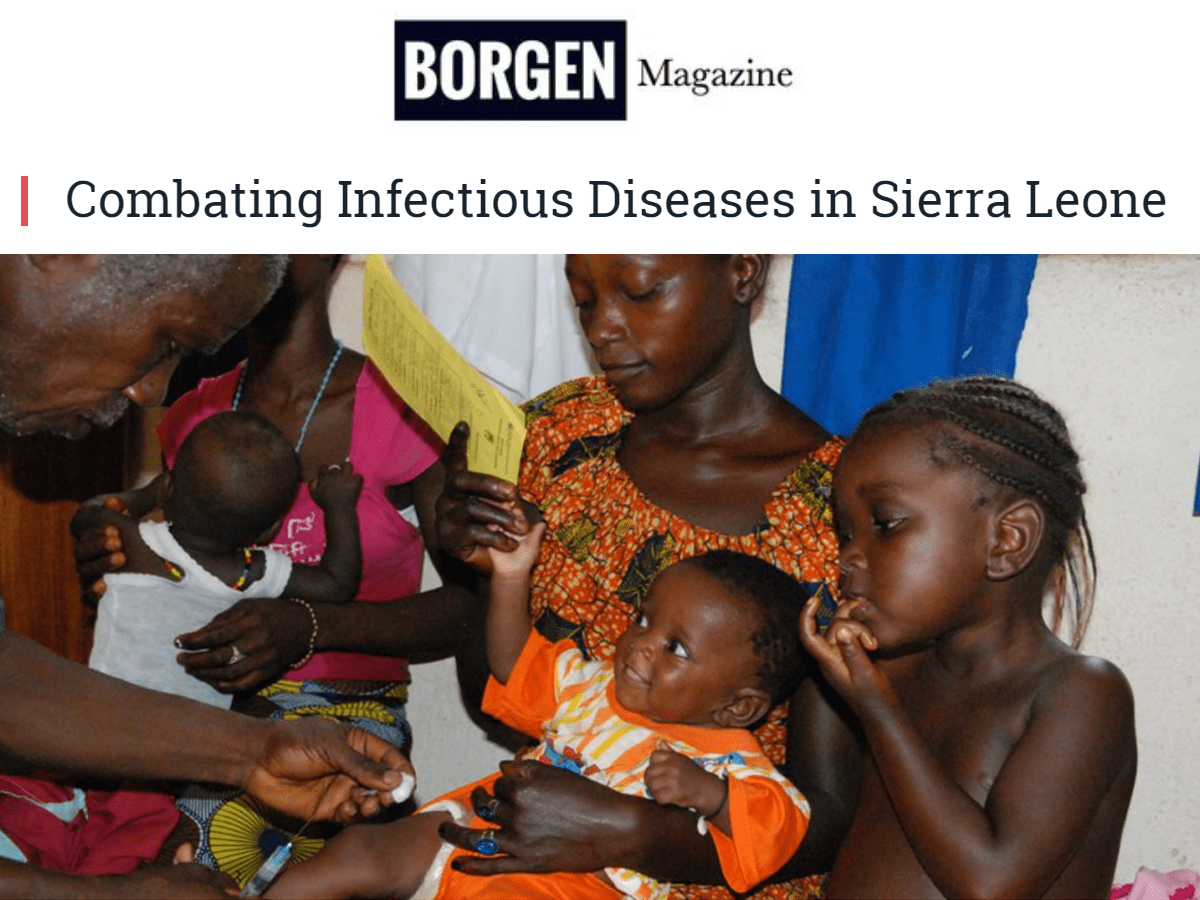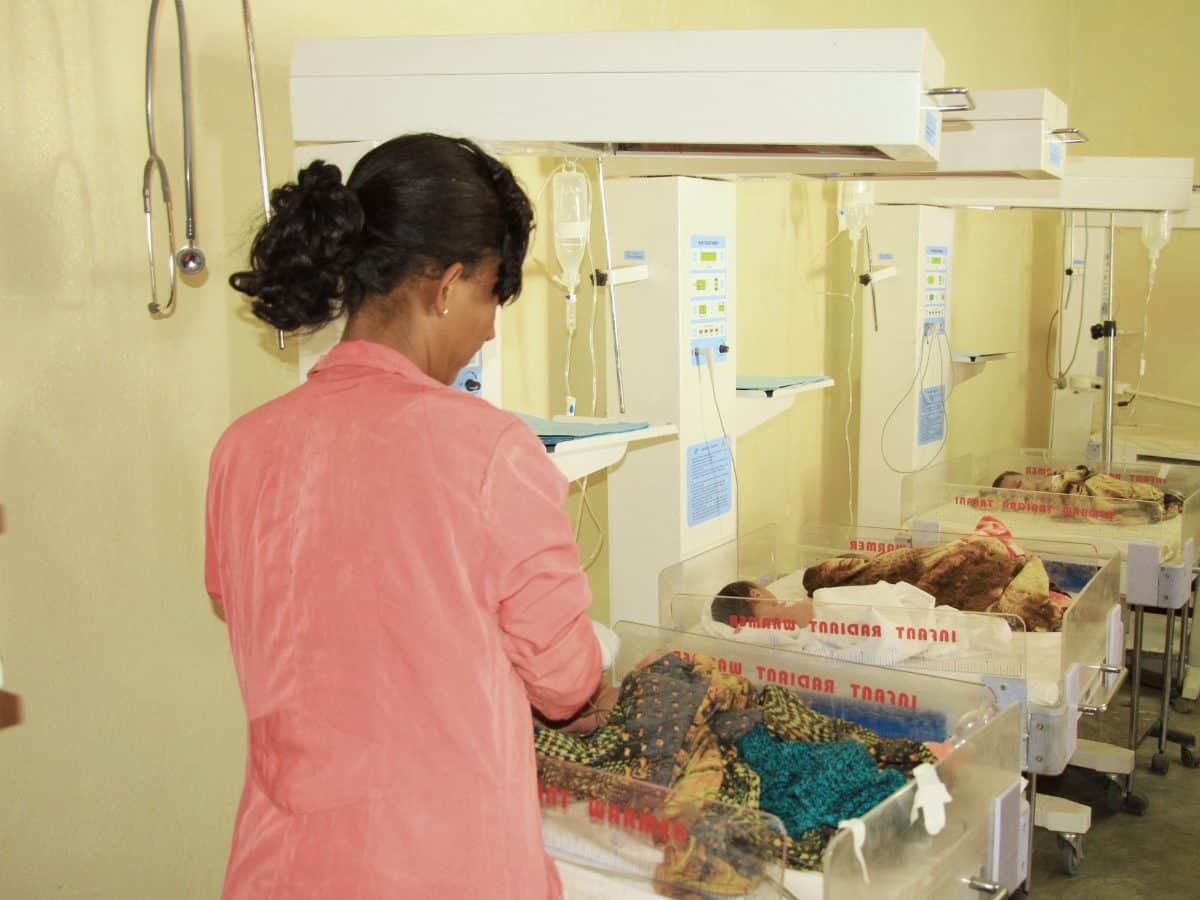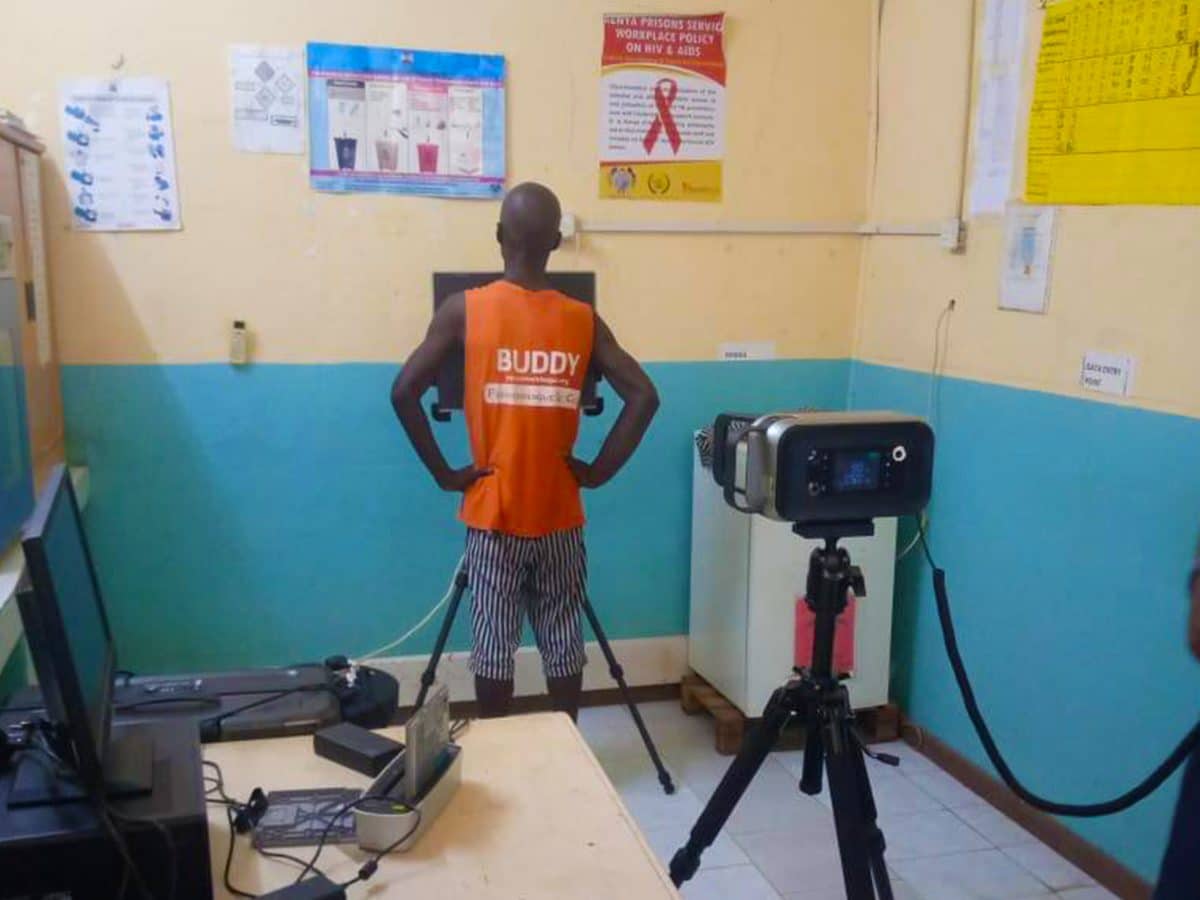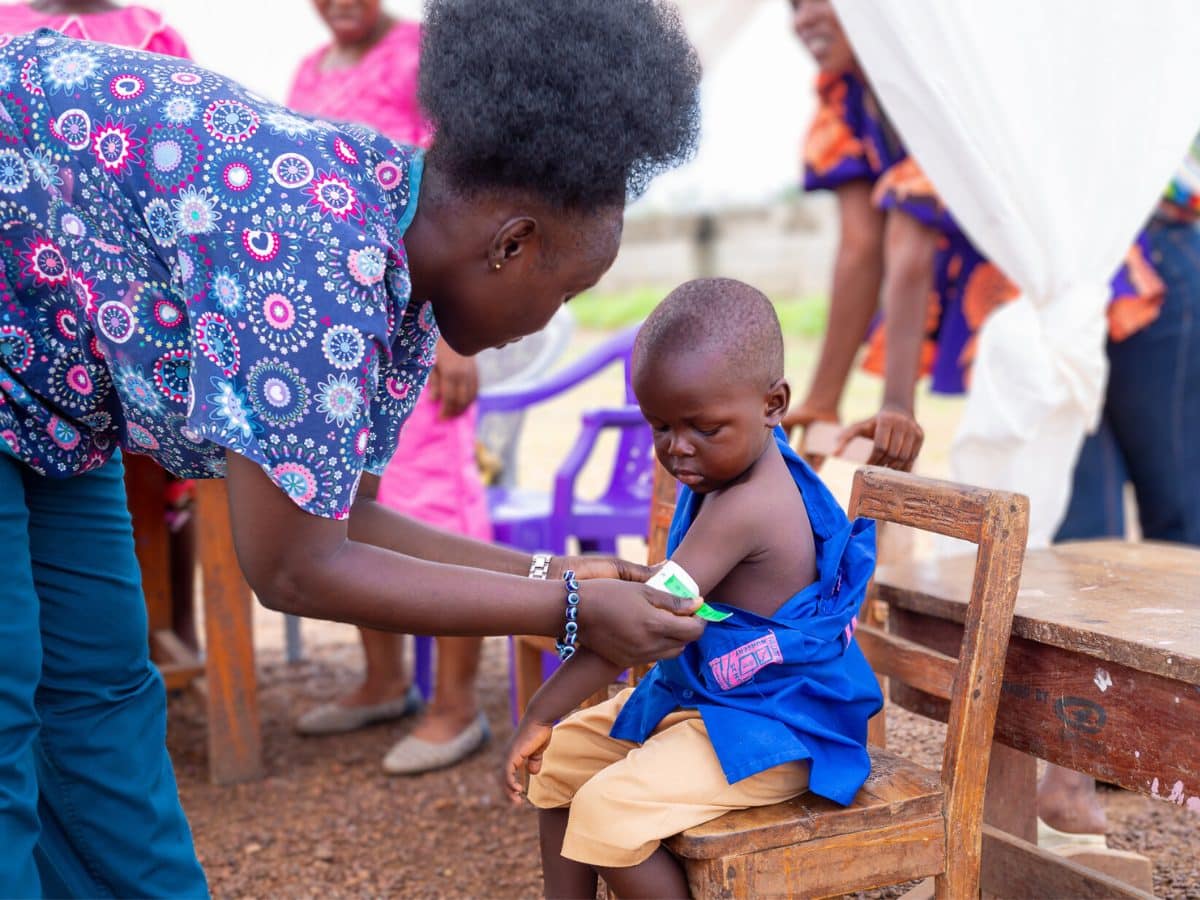The 2014-2016 Ebola epidemic was the largest in history for that disease, and Sierra Leone sustained the highest number of fatalities. Among other things, the outbreaks represented a major setback in immunization efforts in West Africa. Due to the highly contagious nature of the disease, health care providers advised people to wait to get their children vaccinated—immunization centers, where adults and small children from all over the country might converge and interact, could inadvertently spread the illness and worsen the epidemic. The difficulty was convincing families to resume immunization procedures after the outbreaks were contained.
ICAP at Columbia University has been instrumental in reversing the trend following the Ebola epidemic. After receiving funding from the U.S. Centers for Disease Control and Prevention (CDC), ICAP used a combination of outreach strategies, disease tracking tools, and health care training to encourage families to continue with measles vaccinations.
Read the full article on the Borgen Magazine website.
Read about ICAP’s work to increase immunization rates in Sierra Leone.







